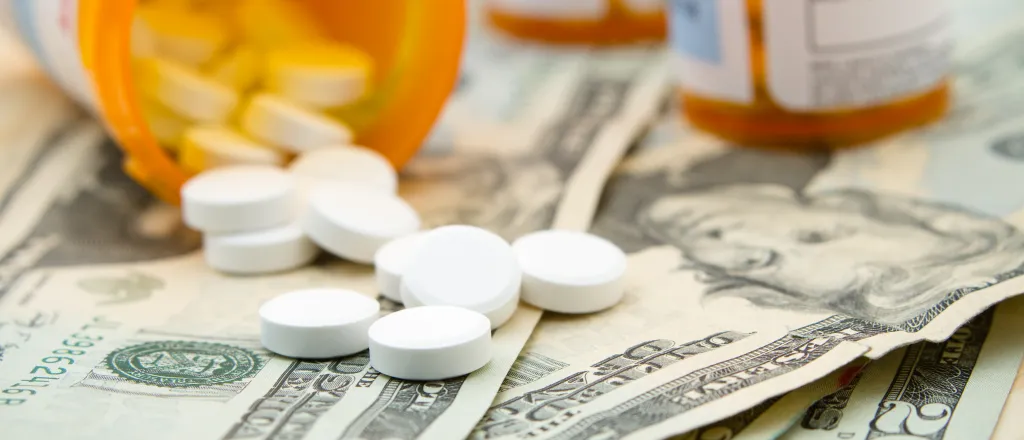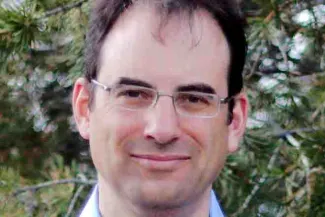
Colorado organizations getting $4M in grants from $740M opioid settlement
(The Center Square) – Eight Colorado organizations will receive a total of $4 million from a state grant program that addresses the opioid epidemic, Attorney General Phil Weiser's office announced Wednesday.
Weiser’s office started taking applications for the Opioid Abatement Innovation Challenge grant program in May and received 66 applications requesting $44 million by June 30. The Opioid Crisis Recovery Funds Advisory Committee, created by House Bill 19-1009, advises the Department of Law on use of the funds. The committee evaluated requests on demonstrated need, program innovation, community collaboration, evaluation methods and program sustainability. Evidence-based practices in dealing with the opioid crisis were given priority in reviewing applications.

Phil Weiser
The funds come from $740 million gained from settling lawsuits with drug manufacturers and distributors. The Opioid Settlement Funds Memorandum of Understanding required 10 percent of settlement proceeds be distributed to state and local governments in opioid use prevention, early intervention, harm reduction, treatment and recovery. The funding also can be used in the continuum of care for drug abuse, in behavioral health in the criminal justice system and in law enforcement.
The other shares of the settlement go to local governments (20 percent), regions (60 percent), and specific abatement infrastructure projects (10 percent), such as capital improvements and operational assistance to address the crisis.
The largest grant was awarded to the Denver Health and Hospital Authority for its Colorado Opioid Model to Advance Treatment project. The program will receive $790,000 to assist counties and organizations in expanding treatment and care coordination using a hub-and-spoke model throughout the state. Existing models being used by Denver Health and the Northern Colorado Health Alliance will be replicated. They include correctional and community care, development of treatment toolkits and technical assistance accessible to all of Colorado’s 64 counties.
The Colorado Boys and Girls Clubs received a $480,000 grant. Funds will be used for prevention curriculum during school breaks and in after-school programs for young people at 11 clubs. The organization will support social experiences to address risk and protection of children and teens and launch an evidence-based prevention program educating youth on the threats of opioid and fentanyl misuse.
The other organizations receiving grants and the amount were:
- Colorado Department of Public Health and Environment: $430,000
- Colorado Health Network: $400,000
- Larimer County Sheriff’s Office: $600,000
- Rocky Mountain Crisis Partners: $400,000
- Serenity Recovery Connection: $500,000
- Tepeyac Community Health Center: $400,000
“These grants focus on encouraging innovative ideas to address pressing needs in affected communities, and recipients underwent rigorous evaluations to ensure they met this objective,” Weiser said in a statement announcing the grants. “This investment goes beyond prevention and treatment; it’s a commitment to hope, recovery, and the well-being of all Coloradans.”
















